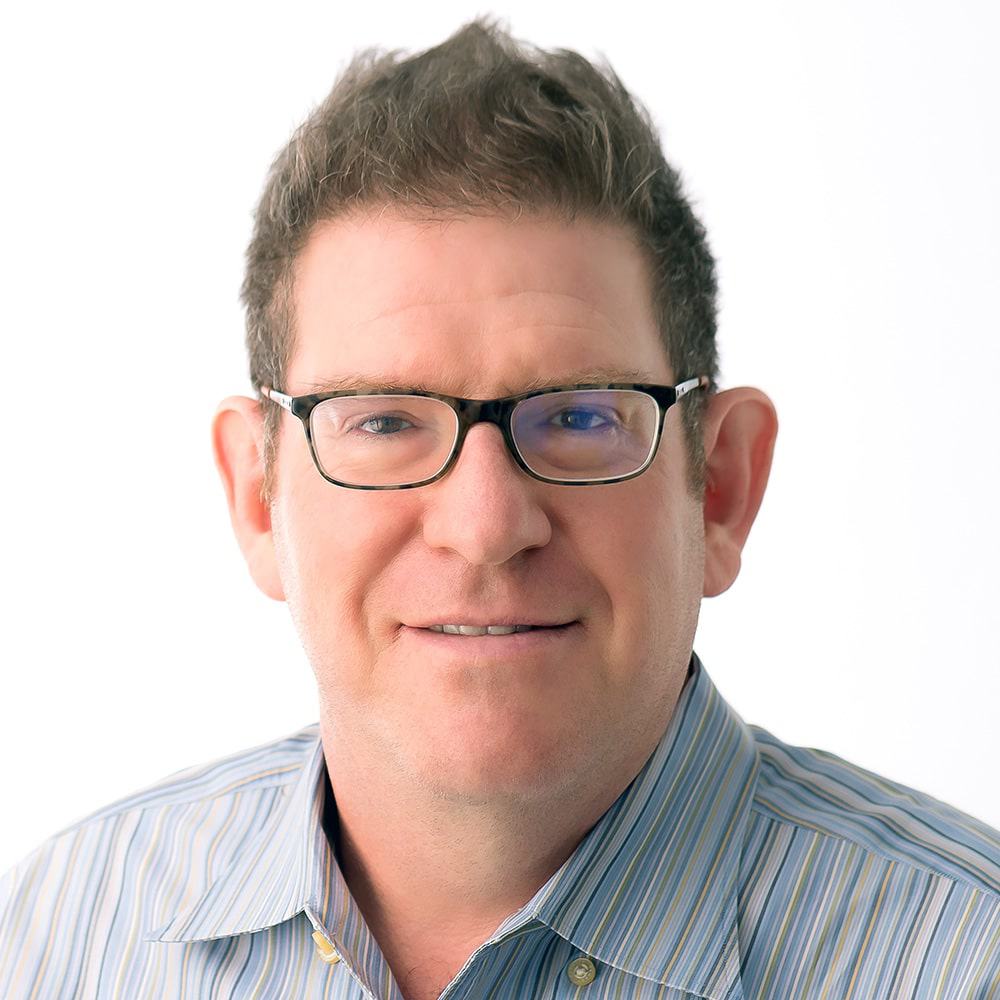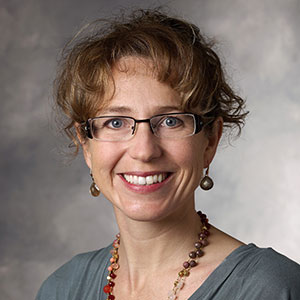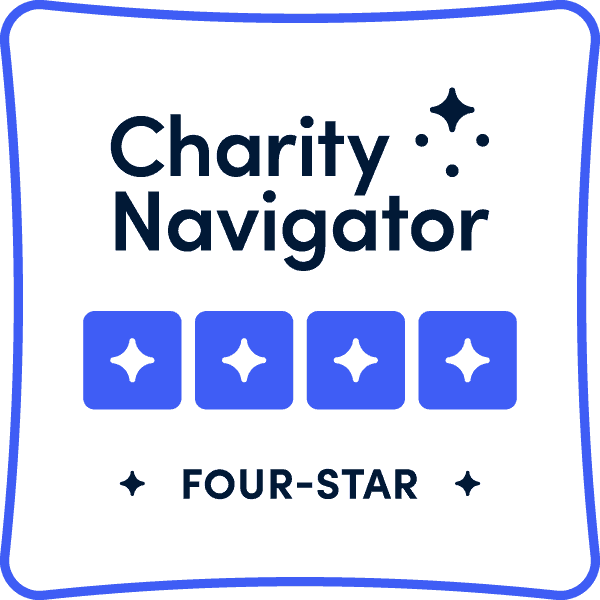Our Panel of Neuroimmunology and Immunopsychiatry Experts
This is an ongoing opportunity for physicians to consult face-to-face virtually with leading experts in the field of neuroimmunology and immunopsychiatry including PANS and PANDAS.
Many clinicians struggle with challenging cases of presumed inflammation-mediated neuropsychiatric deteriorations, with or without preceding infection, that do not fit a defined diagnosis. Without clear biomarkers and clinical treatment pathways, many clinicians are unsure how to proceed. Even in quaternary care centers with multiple physicians working together on these cases, these highly specialized teams struggle with next steps. Our panel has expertise in autoimmune encephalitis, multiple sclerosis, CNS vasculitis, neuropsychiatric lupus, Behcet’s disease, Sydenham chorea, PANS/PANDAS, autism deteriorations, and other post-infectious, inflammatory, and autoimmune brain disorders. Panelists are eager to share what they’ve learned from their experiences treating complex patients.
Our intention for establishing the Neuroimmune Consultation Panel is to help clinicians think through cases in a multi-disciplinary team setting. Our goal is to learn from each other and share what we learn. The panel reviews the data submitted by the referring team and discusses with the referring clinician potential pathways for next steps. The panel discussions are recorded and catalogued in a restricted educational area of Neuroimmune Foundation’s website. There may be times when the referring MD may want to write the case up for publication in order to disseminate knowledge. The panel is willing to help with this process in some cases after obtaining consent/assent from the family/patient.
Panel Members
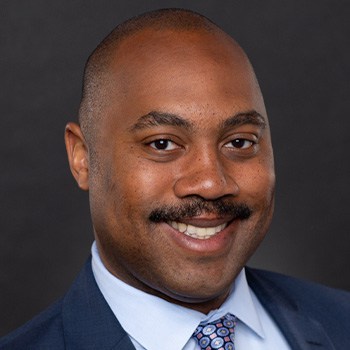
Christopher Bartley, MD, PhD
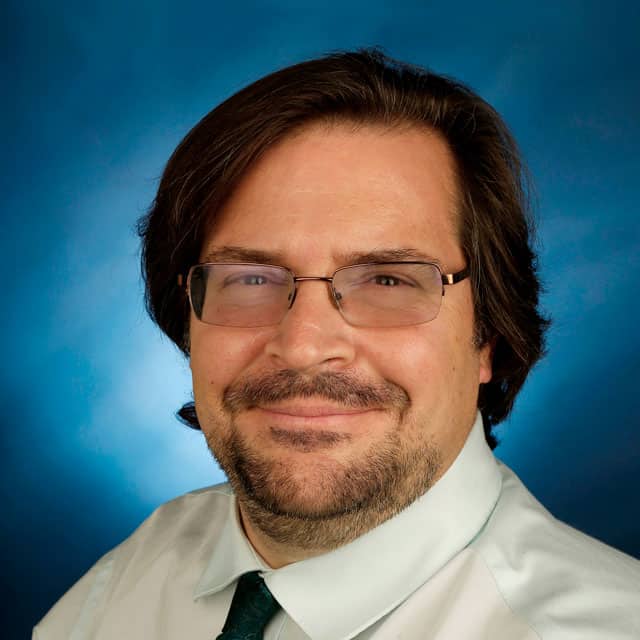
Richard Frye, MD, PhD
Submitting a case
Please fill out the form below if you’d like to submit a case to present to the panel for consultation. If your case meets initial guidelines for the panel, you will be invited to submit patient data in Redcap a minimum of two weeks prior to the meeting. This process will take 15–30 minutes, however, the opportunity to consult with the panel is not guaranteed and will be reviewed following submission in Redcap. This brief form below is to screen cases that may not meet all the above criteria or that have a smaller likelihood of selection in order to save physicians time. You will receive a follow up email with a Redcap link if additional information is requested.
